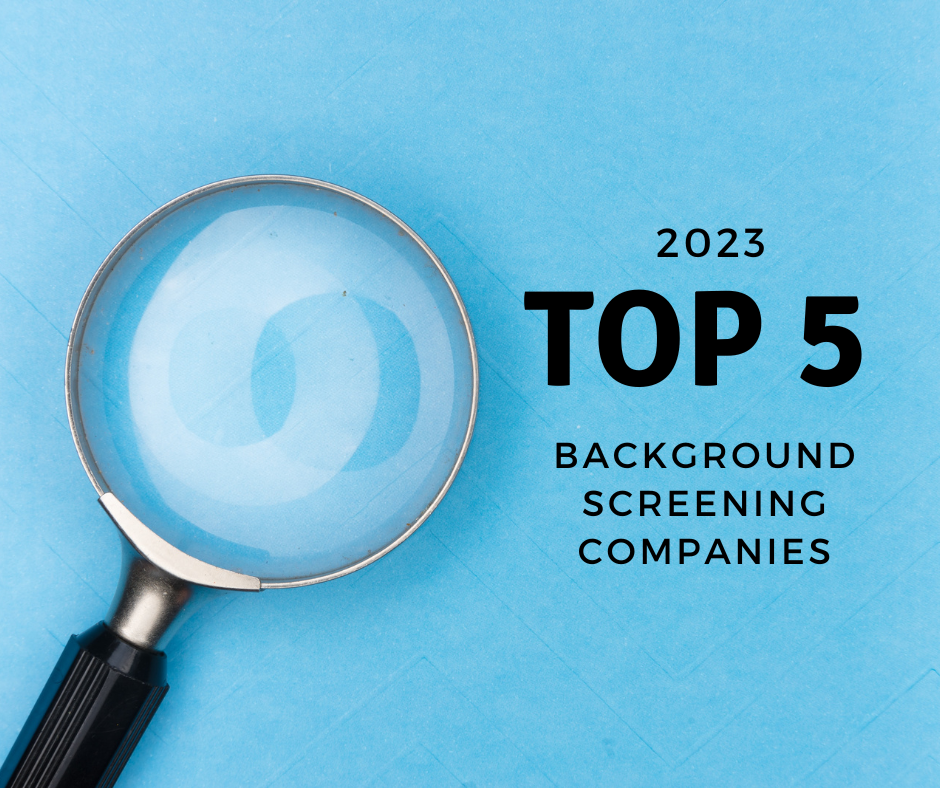Several laws govern the types of background checks you perform and how you use the results to inform hiring decisions. These rules are in place to protect job applicants and companies, and they are intended to make the hiring process fair and equitable.
It would be unwise to proceed with screening without first becoming knowledgeable about the laws in your city and state, as well as federal guidelines. Failing to comply with them could result in hefty fines, lawsuits, and damage to your organizational reputation. Here are four tips to help you stay compliant.
1. Be Aware of State and Federal Legislation
When you run a background check, such as a criminal record search or credit report, you must comply with the Fair Credit Reporting Act (FCRA). Enforced by the Federal Trade Commission (FTC), the FCRA comes into play when you carry out an adverse action notification (AAN), which informs an applicant that something unfavorable showed up in their background screening.
Violating the FCRA could cost you statutory monetary penalties. Willful violations bring up to $1,000 in fines each, while unintentional ones may lead to reduced penalties.
Another set of laws to be aware of is salary history bans. Advocates for salary history bans argue that asking about previous pay may reinforce structural biases perpetuating gender- and race-based wage gaps. Requesting salary history from an applicant can help you compare them with applicants or make a reasonable job offer. However, it may be illegal where you are.
Roughly 70 million people in the U.S. have an arrest or conviction on their record. To give people with criminal records a second chance, 37 states and more than 15 cities and counties have enacted “ban the box” laws, a part of fair chance hiring practices. "Ban the box" legislation makes it illegal for companies to inquire about candidates’ criminal backgrounds until a certain point in the interview process, such as when they extend a conditional offer for employment.
Finally, many states are changing how they legislate marijuana use. Some states prohibit firing an employee who tests positive if the drug is for medicinal purposes. Others allow terminating a person who uses marijuana recreationally or medically.
2. Use Consistent Screening Criteria
Be clear about the job description for which you’re conducting a background check. Once you determine a job’s duties, develop criteria for screening applicants and apply those standards consistently to all candidates. You can also refer to the section of your strategic or business plan that outlines staffing needs. For additional guidance, consult a background screening provider.
3. Keep Detailed Records
Documentation can be a lifeline when proving background screening compliance. Keep detailed records of all background checks you conduct, the reports they yield, and the hiring decisions based on the results. Having these records on hand demonstrates your compliance with the law.
4. Use Consent Forms
We highly recommend using consent forms for record-keeping purposes. When you request information from an applicant for a background check, get written consent beforehand. Also, clearly describe what records you’ll check and how you’ll use that information.
BIB Can Help
If you’re unsure about legislation regarding employment screening, the team at BIB can help. We support organizations that make background checks part of hiring workers or recruiting volunteers. At BIB, we’re versed in the law regarding compliant background checks.
For more information on background check compliance and our services, call us at (704) 439-3900 or visit us at BIB.com today.



